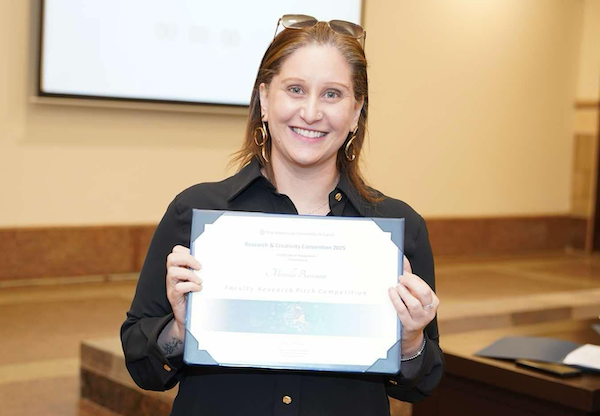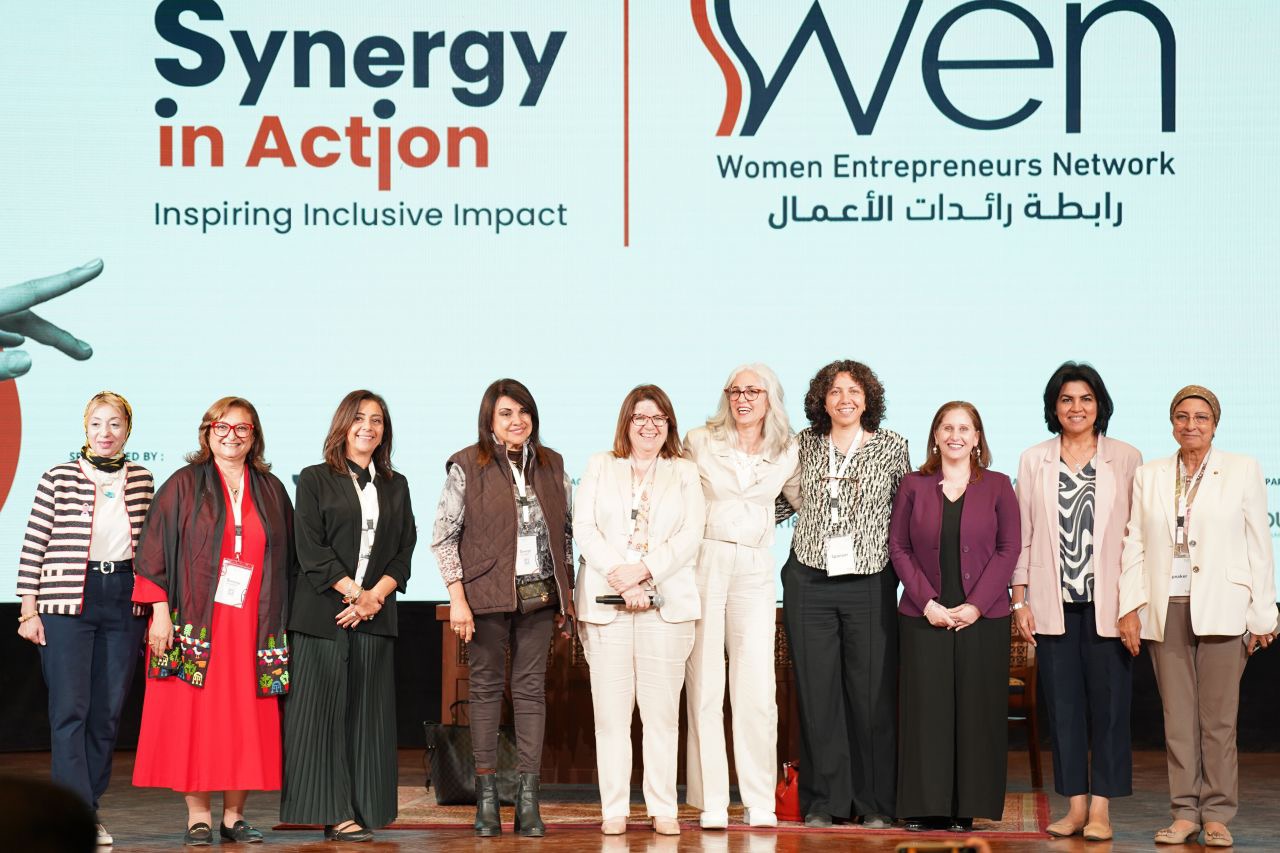
Women In Management Institute
Highlights the efforts and research of the Women at Monarch. The Women at Monarch are a vital and strong backbone of the School and bring a unique and energizing view to management research. In recent years the unique contribution of women in management has taken hold in boardrooms and business schools. The Women in Management Institute at Monarch is our effort to reinforce the important contributions and how they shape management thinking.

Enroll In A Course
The Institute creates open, short courses and brings them online so that you can increase your potential and perfect your skills.

Welcome to WIM!
Hello and welcome! This site is for our Monarch women to connect and celebrate one another as well as stay current on women leadership topics.

New to Monarch?
If this is your first year at Monarch and need some help adjusting to your academic journey, click here to get connected to a Monarch Mentor.
Submit Your Email Address To Receive The Latest News

Dr. Miray Barsoum Recognized For Excellence At The American University In Cairo Research And Creativity Convention 2025
Monarch is proud to announce that Dr. Miray Barsoum, a graduate and faculty member at Monarch Business School and Research Fellow at the Monarch Research Institute, participated in the Research and Creativity Convention (RCC) 2025 at the American University in Cairo (AUC), Egypt, where she presented her PhD research on women entrepreneurs’ empowerment and the “Wempowerment” model.

Dr. Ochis Publishes Book On How To Effectively Manage Gen Z Employees
Monarch announces that Dr. Karina Ochis, Professor of Management & Leadership at Monarch Business School Switzerland and Research Fellow at the Monarch Research Institute Switzerland, has published a new book on how to effectively manage Gen Z employees in the modern workforce.

Spirituality In Cabin Crew Safety And Emergency Training: A Case Study of Qatar Airways
Spirituality in aviation safety and emergency training for cabin crews represents an untapped potential to enhance emergency preparedness and efficiency.

Dr. Barsoum Inspires Inclusive Impact At The Synergy In Action in Africa
Dr. Miray Barsoum, an alumna and professor at Monarch Business School and Dean of Academic Development, played a pivotal role in Synergy in Action, Egypt’s first forum designed to enable the creators of the entrepreneurial ecosystem to better foster women in entrepreneurship.



